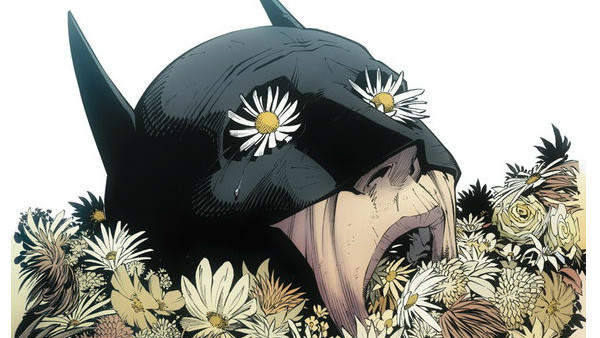5 Bad Habits Superhero Comics Should Break
3. Egotistical Creators

The comic industry is filled with huge names that have earned a sort of legendary status within the field. Everyone knows major players like Stan Lee or Jack Kirby or Bob Kane or Siegel & Shuster, but there are other rock star writers and artists like Steve Ditko, John Romita (Sr. and Jr.), Carmine Infantino, Julius Schwartz, Roger Stern, Roy Thomas, Frank Miller, Alan Moore, Grant Morrison, Todd McFarlane, Jim Lee, Mark Waid, Geoff Johns, and Tom King. These are big guns that can practically sell thousands of books on name recognition alone.
Within the microcosm of the genre, there is a special reverence for these creators. Many of them changed the way we think about superheroes as a subject and comics as a medium. While there were certainly showboats among the icons who got big in the earlier days (Stan Lee and Bob Kane come to mind), most of them seemed to have an artistic integrity that many of the later ones lack.
I’m often reminded of an interview with John Romita, where, on the subject of taking over Amazing Spider-Man from its original artist, he said: “I thought the responsibility of a second artist on a book was to make the reader think it was seamless transition [...] I was raised in that generation where an artist was obliged to ghost the work that he picked up from the previous artist.” It seems like a very foreign idea when today’s artists work so hard to make their particular depiction of any character completely their own. Contemporary artists and writers are trying so hard to leave their mark on a book - to make their run iconic - that things like a responsibility to the reader are completely abandoned in service of their own ego. No one is saying that creators have to treat these characters like their legacies are precious jewels that can never be tarnished; that would hamper creativity tremendously. But the desires of fans should be a factor.
Former editor-in-chief of Marvel Comics, Joe Quesada has all but admitted in the past that their business model was essentially based on making decisions that would “piss off the fanboys.” But maybe it would be better to, instead of focusing on what stories you want to write, concentrate on writing stories fans might want to read. Notice Dan Didio and Geoff Johns’ sentiments on the direction of DC Rebirth; they’ve stated that editorial feels they’ve lost their way and that things need to be lightened up in contrast to the more recent darkness that’s infested DC Comics. The thing is, Didio and Johns were the ones responsible for steering the DC Universe in this direction in the first place. Do you really think they’re thinking of fans now? Of course not. It’s only being used to justify whatever decisions they personally feel need to be made to the books.
We have creators like Dan Slott who take to Twitter in order to argue with any fan who doesn’t bow to their genius. This goes beyond “fan engagement.” It often feels like there’s an antagonistic relationship between creators and fandom. Decisions are deliberately made that will upset longtime readers (such as changing an established character’s race/gender/sexuality, transferring the hero’s name to another character, etc.) because they’re viewed as hopeless addicts who will keep reading and buying no matter what happens.